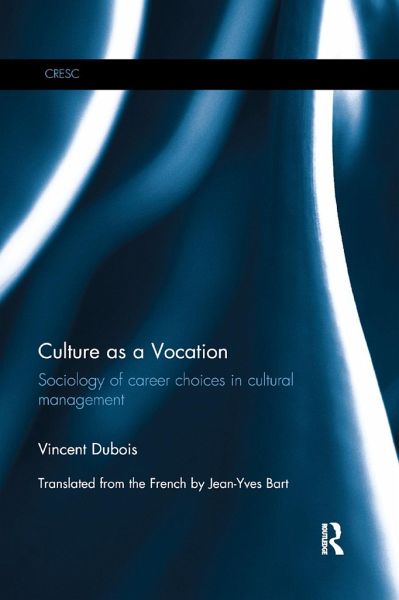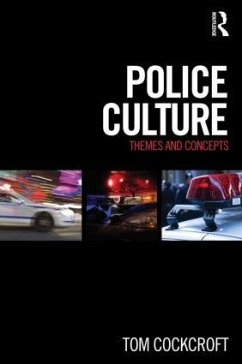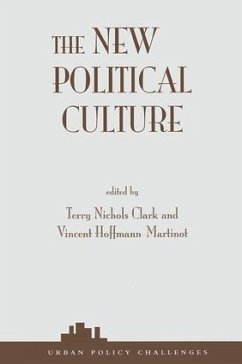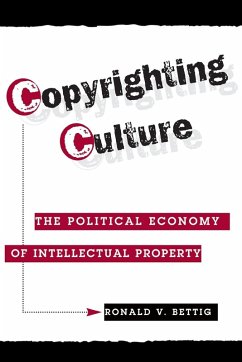
Culture as a Vocation
Sociology of career choices in cultural management

PAYBACK Punkte
28 °P sammeln!
Vocational occupations are attractive not so much for their material rewards as for the prestige and self-fulfillment they confer. They require a strong personal commitment, which can be subjectively experienced in terms of passion and selflessness. The choice of a career in the cultural sector provides a good example of this. What are the terms of this calling? What predisposes individuals to answer it? What are the meanings of such a choice? To answer these questions, this book focuses on would-be cultural managers. By identifying their social patterns, by revealing the resources, expectatio...
Vocational occupations are attractive not so much for their material rewards as for the prestige and self-fulfillment they confer. They require a strong personal commitment, which can be subjectively experienced in terms of passion and selflessness. The choice of a career in the cultural sector provides a good example of this. What are the terms of this calling? What predisposes individuals to answer it? What are the meanings of such a choice? To answer these questions, this book focuses on would-be cultural managers. By identifying their social patterns, by revealing the resources, expectations and visions of the world they invest in their choice, it sheds new light on these occupations. In these intermediary and indeterminate social positions, family heritages intersect with educational strategies, aspirations of upward mobility with tactics against downward mobility, and social critique with adjustment strategies. Ultimately the study of career choices in cultural management suggests a new take on the analysis of social reproduction and on the embodiment of the new spirit of capitalism. The empirical findings of this research conducted in France are set in a broader comparative perspective, at the European level and with the USA.














